
The Best Foods to Cleanse and Prevent Clogged Arteries
The arteries function as the body’s internal plumbing system—delivering oxygen-rich, nutrient-dense blood to every cell we have. Much like a home with damaged or clogged pipes, a body with unhealthy arteries cannot operate efficiently. When arteries become narrowed, stiffened, or obstructed, the entire cardiovascular system begins to fail, setting the stage for serious, potentially life-threatening conditions.
Unhealthy dietary choices—such as foods high in saturated fats, refined sugars, and artificial additives—along with smoking, excessive alcohol consumption, chronic stress, and physical inactivity cause fatty deposits to accumulate on the arterial walls. Over time, this buildup leads to a condition known as arteriosclerosis, the thickening and hardening of the arteries due to plaque formation. Arteriosclerosis significantly increases the risk of heart disease, heart attack, and stroke, three of the most common causes of death worldwide.
Heart disease remains the leading global killer, especially in Western countries, and it affects millions of people regardless of age, lifestyle, or background.
Can You Reverse Clogged Arteries?
According to WebMD, certain lifestyle adjustments—including dietary changes—may help reverse some of the damage within the arteries. Dr. Dean Ornish, a well-known lifestyle medicine researcher, conducted studies showing that comprehensive lifestyle changes produced notable improvements in heart health. His findings revealed that even severely blocked arteries in the heart became less obstructed after one year of intensive lifestyle intervention, with improvements continuing for up to five years.
(For additional guidance, you may also refer to the article: 5 Lifestyle Changes That Could Prevent Nearly 80% of Heart Attacks.)
The Best Foods to Cleanse and Protect Your Arteries
Just as unhealthy food choices can damage your arteries, nutrient-rich foods can support, protect, and even help restore them. Below is a list of the most beneficial foods for cleansing the arteries and preventing dangerous plaque buildup.
1. Kiwifruit and Cantaloupe Lower Cholesterol and Reduce Heart Disease Risk
Kiwifruit and cantaloupe are loaded with antioxidants that help decrease LDL (“bad”) cholesterol and reduce plaque formation along arterial walls.
Research has shown that eating kiwifruit regularly may help lower major cardiovascular risk factors.
Cantaloupe is rich in fiber, potassium, vitamin C, and choline—nutrients that support healthy blood pressure and reduce oxidative stress.
Suggested intake: one kiwifruit per day or one cup of cantaloupe.
2. Oily Fish Help Keep Arteries Clear
Salmon, herring, sardines, and tuna are excellent sources of omega-3 fatty acids, known for reducing inflammation and preventing plaque from accumulating inside the arteries.
Harvard Medical School has reported that regular consumption of fish is linked to a lower incidence of heart attacks.
Whenever possible, choose wild-caught fish, as farm-raised fish often contain fewer omega-3s and may include contaminants.
Omega-3 supplements are also featured in the book 70 Powerful Habits for Great Health, which outlines daily practices to boost overall wellness.
3. Berries and Red Grapes Protect Against Vascular Damage
Grapes are rich in flavonoids, powerful antioxidants that help prevent oxidation of LDL cholesterol—a major contributor to plaque formation. Studies published in the journal Nutrients suggest that flavonoids can protect arterial walls and reduce inflammation.
Strawberries, blueberries, cherries, cranberries, and other berries are nutrient-dense and contain compounds that may reduce blood pressure and improve arterial flexibility. For maximum health benefits, purchase organic berries to avoid pesticide residues.
More information on berry health benefits can be found in The Healing Berry Guide.
4. Garlic Keeps Arteries Clean and Supports Heart Health
Garlic has long been recognized for its medicinal properties. It helps lower blood pressure, reduce LDL cholesterol, and protect against heart disease.
Some studies even indicate that garlic may help both prevent and treat cardiovascular disease.
For best results, consume one to two raw, minced garlic cloves daily. If using supplements, ensure they contain a measurable amount of allicin, the active compound responsible for garlic’s benefits.
5. Apples and Grapefruits Help Maintain Clear Arteries
Both fruits contain pectin, a soluble fiber that reduces LDL cholesterol. They also provide magnesium and potassium—minerals essential for healthy blood pressure.
Magnesium, in particular, may help prevent plaque buildup, making these fruits an easy and natural part of artery health maintenance.
6. Spinach Reduces Risk of Atherosclerosis
Spinach contains vitamins A and C, both of which help prevent LDL cholesterol from oxidizing—a critical step in plaque formation.
Research indicates that vitamin C deficiency may increase the risk of death from heart disease.
Additionally, spinach is rich in folic acid and potassium, which help regulate blood pressure and protect overall cardiovascular health.
7. Olive Oil Helps Prevent Clogged Arteries
Studies have found that consuming just 1–2 tablespoons of extra virgin olive oil (EVOO) daily supports heart health by reducing inflammation and preventing plaque buildup.
Even moderate consumption—about 40 ml per week—has been shown to protect arteries and lower heart disease risk.
Choose high-quality extra virgin olive oil for the greatest benefits.
8. Tomatoes Help Keep Arteries Free of Plaque
Tomatoes are packed with antioxidants, including lycopene, beta-carotene, folate, potassium, vitamin C, and vitamin E. Several studies indicate that regular tomato consumption may reduce arteriosclerosis risk by up to 50%.
Lycopene, the red pigment in tomatoes, is especially effective at lowering LDL oxidation and improving arterial health.
9. Green Tea Helps Prevent Vascular Calcification
Green tea is rich in catechins, a type of flavonoid with exceptional antioxidant power.
Research shows that drinking several cups of green tea per day is associated with a lower risk of stroke and cardiovascular disease.
High-quality green tea may also help prevent blood clots and support healthy arterial linings.
10. Pomegranate May Clean and Rejuvenate Arteries
Pomegranate is one of the most potent antioxidant fruits available. It contains polyphenols and other compounds that prevent arterial hardening and may even reverse existing plaque buildup.
Scientific Findings
-
A 2000 study found that pomegranate juice has strong antiatherogenic effects, reducing oxidative stress and protecting against LDL oxidation.
-
A 2004 study showed that patients with carotid artery stenosis experienced up to a 30% reduction in blockage after one year of drinking pomegranate juice.
-
A 2013 study found that pomegranate extract reduced inflammation and plaque formation in genetically predisposed mice.
Key Benefits
Pomegranate:
-
Reduces inflammation
-
Lowers blood pressure
-
Fights bacterial and viral infections related to plaque buildup
-
Protects blood vessels from oxidative stress
-
Helps prevent and reverse arteriosclerosis
Even small amounts—around 2 ounces daily—may offer significant benefits.
11. Oats and Whole Grains Keep Arteries Clean
Oats are rich in soluble fiber, which binds to LDL cholesterol and helps remove it from the body. Numerous studies show that whole grains protect heart health and keep arteries clear.
Eating ½ cup of oat bran daily can significantly reduce cholesterol levels and support long-term cardiovascular wellness.
12. Walnuts Support Healthy Blood Flow
Walnuts contain polyunsaturated fats and plant-based omega-3 fatty acids, both of which help reduce cholesterol levels, support blood pressure regulation, and decrease the risk of type 2 diabetes.
A handful of walnuts daily is enough to promote clear arteries and overall heart health.
13. Turmeric Protects Arteries From Fatty Deposits
Turmeric’s active compound, curcumin, has strong anti-inflammatory and antioxidant properties. Studies in animals suggest that curcumin may help prevent arterial blockage and reduce the risk of heart attack and stroke.
Curcumin is not easily absorbed, so combining turmeric with black pepper or healthy fats can significantly enhance its bioavailability.
News in the same category


Eat okra every day? Here’s what happens to your body!

Holy basil shown to cut stress hormone cortisol by 36% in 40 minutes
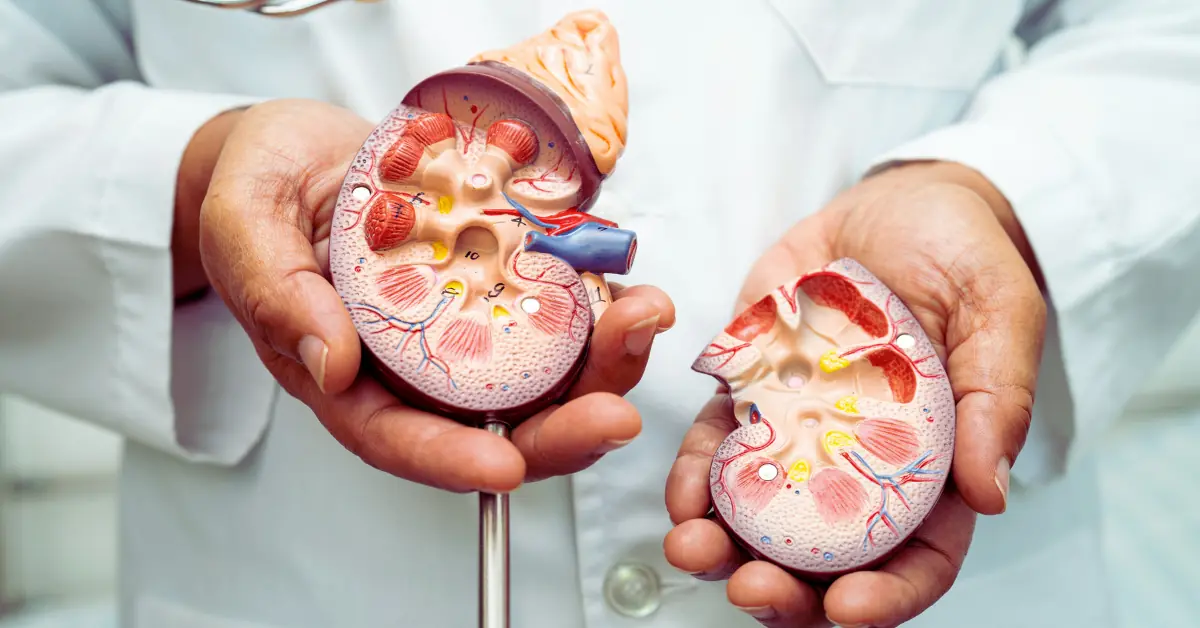
These 14 Foods Will Improve Your Kidneys’ Ability To Detox Like Never Before!
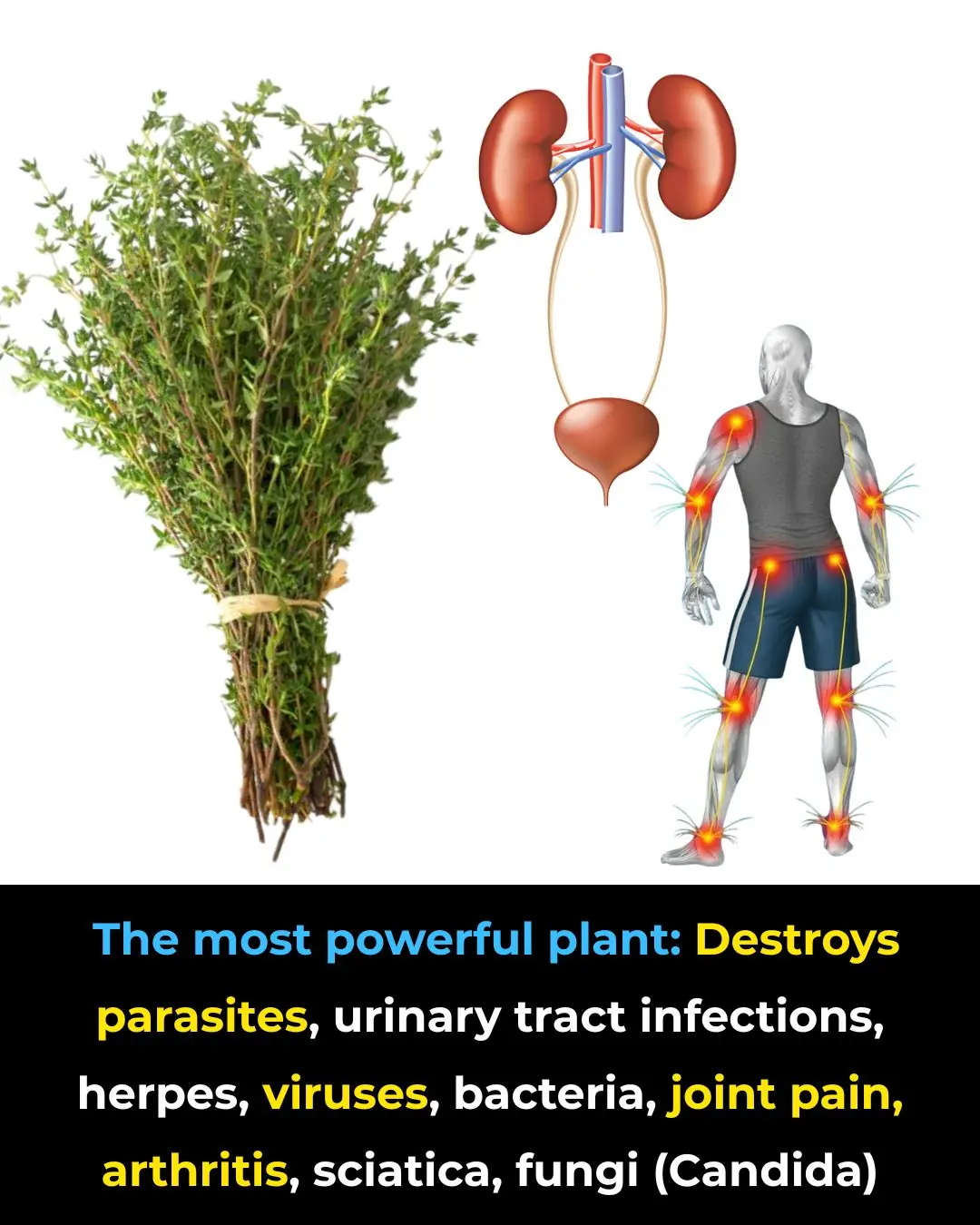
This Plant Is More Than Just a Kitchen Herb — It’s One of the Most Powerful on Earth

The surprising vitamin that helps break down leg clots—are you getting enough?

Why Your Hard-Boiled Eggs Have That Weird Green Ring
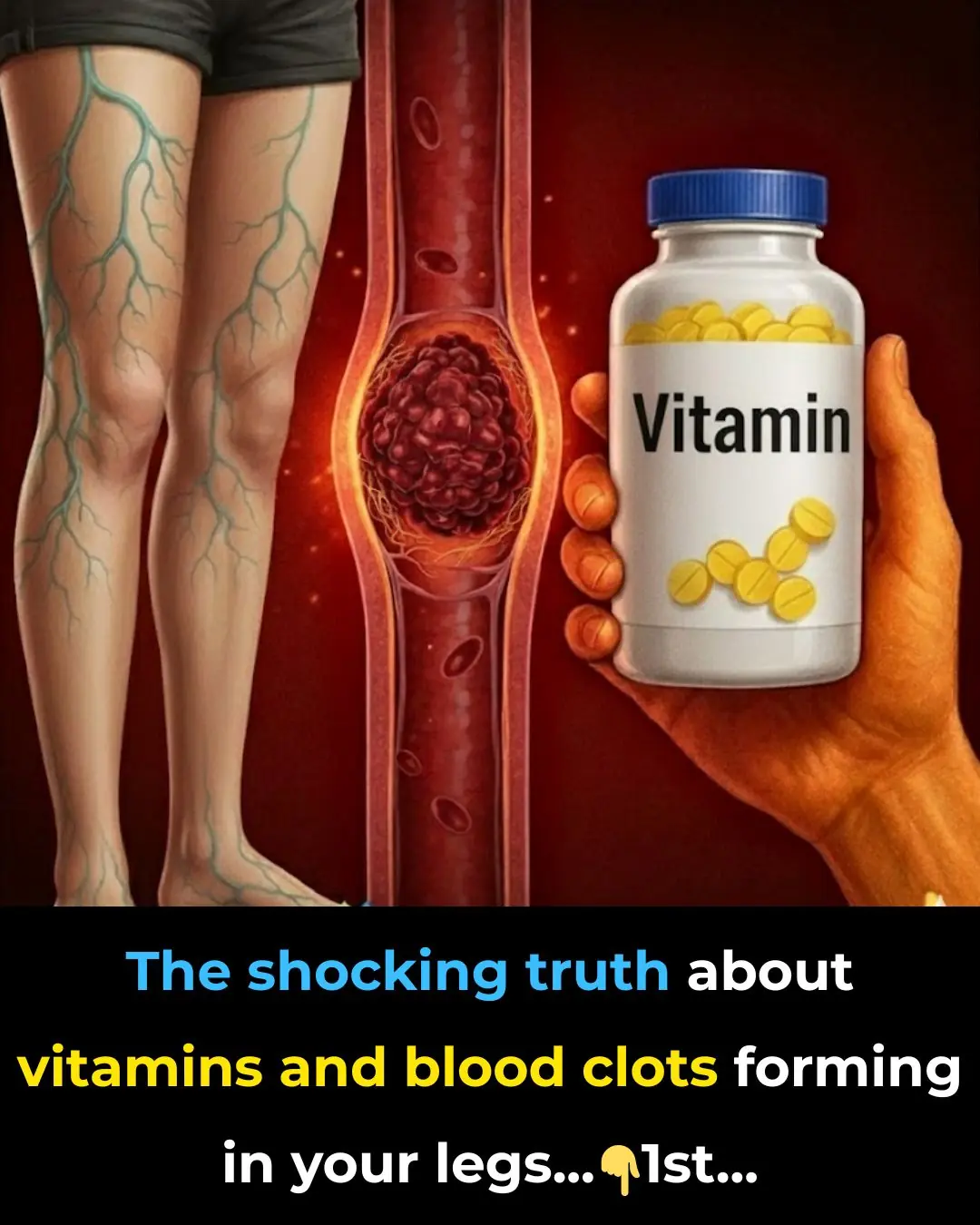
The shocking truth about vitamins and blood clots in your legs

Doctors Reveal That Consuming Pineapple Causes Remarkable Health Benefits
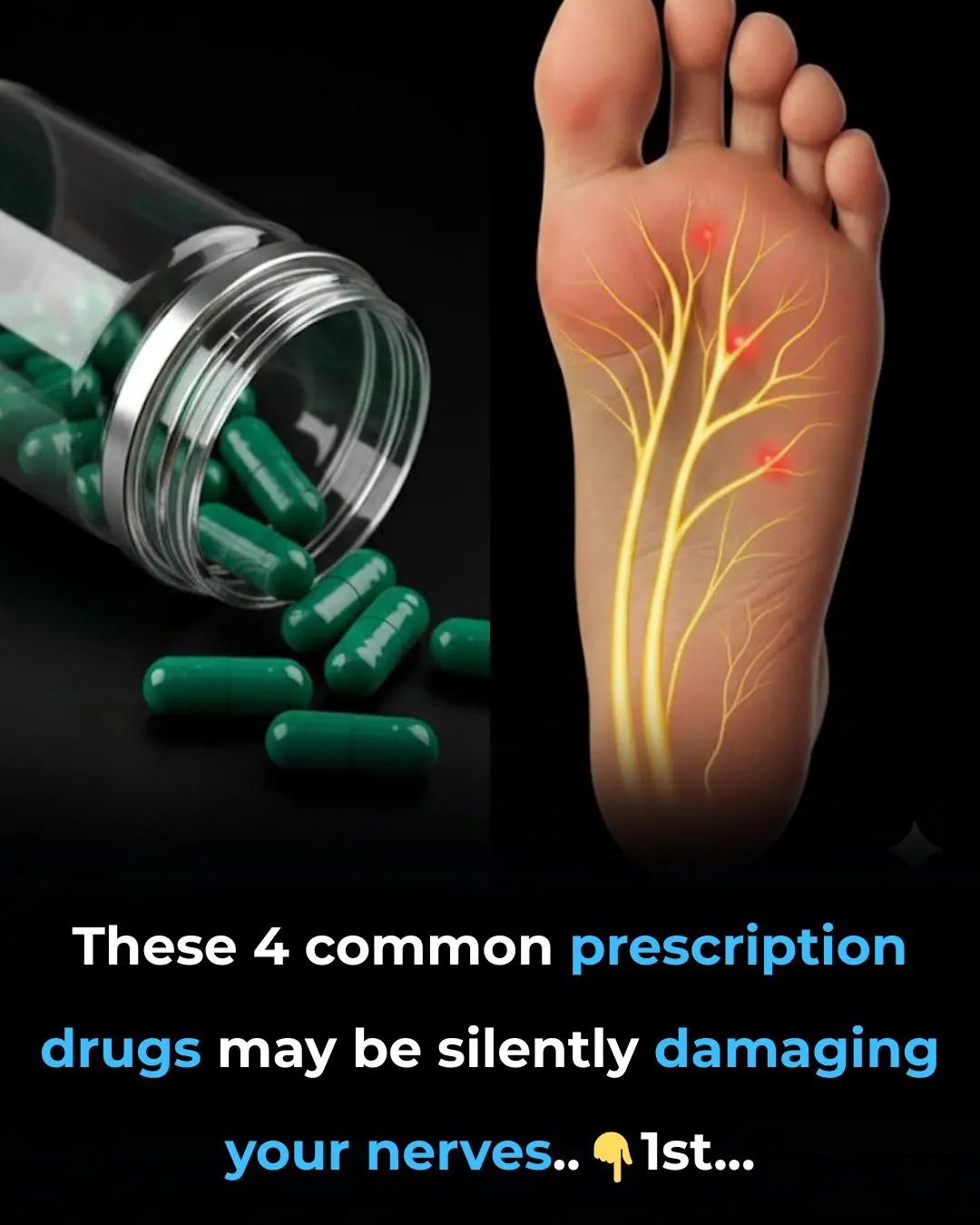
These 4 common prescription drugs may be silently damaging your nerves
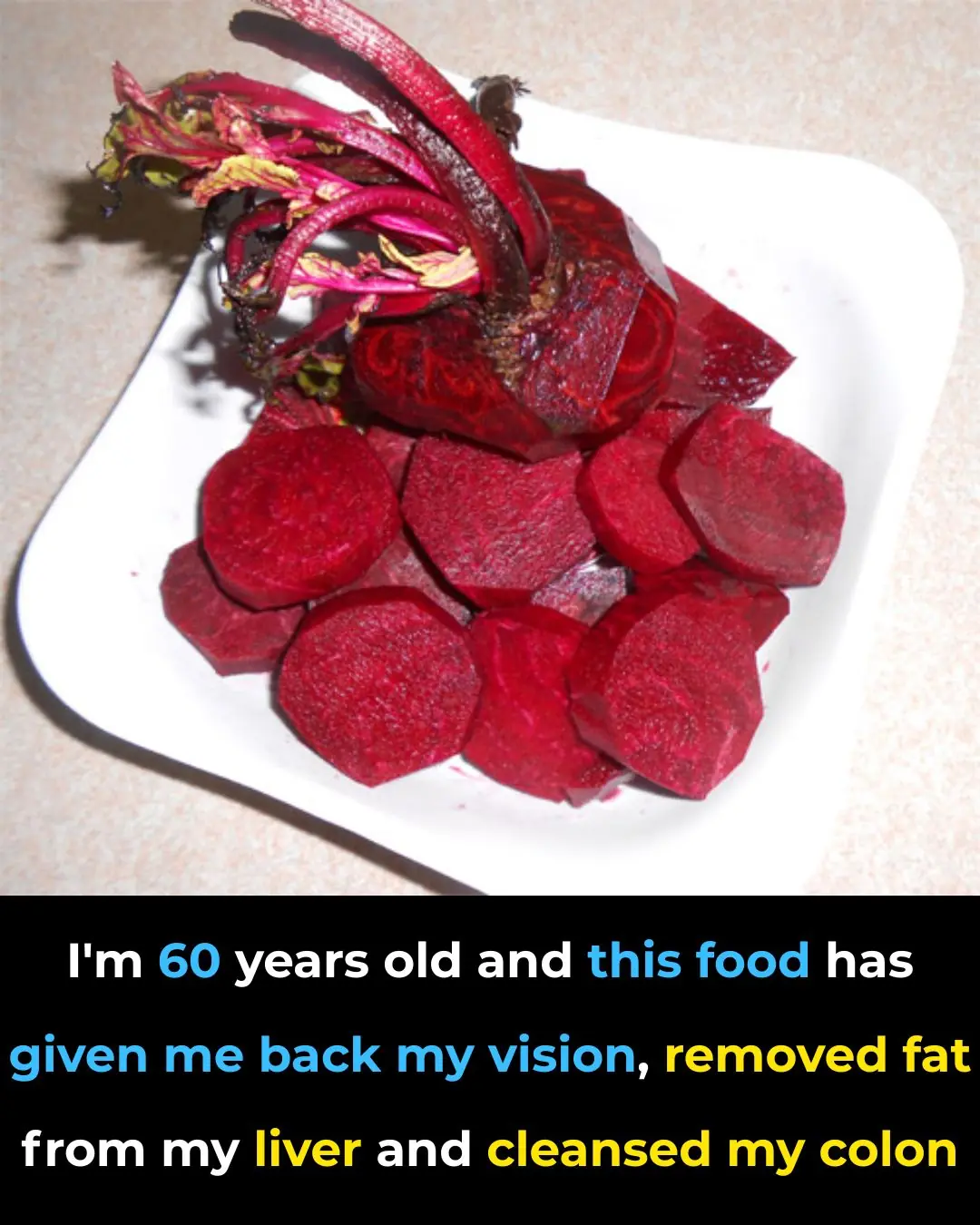
🍎 Beet & Citrus Juice: A Nutritious Drink Packed With Antioxidants (Not a ‘Cleanse’)
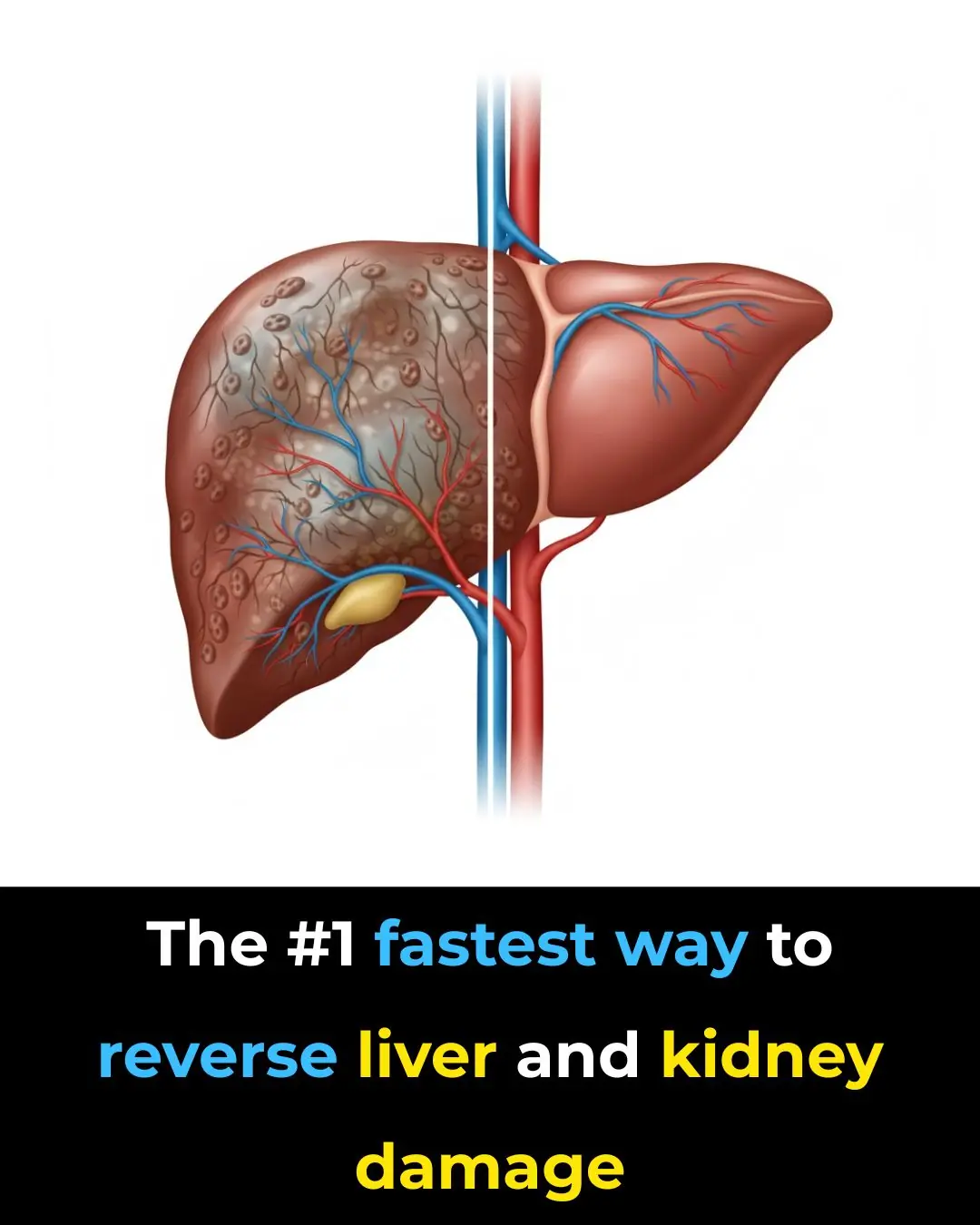
The #1 fastest way to reverse liver and kidney damage

Humans are still evolving, and we’re losing our teeth

Numbness Or Tingling Sensations In Your Hands

Warning: The #1 Mistake You’re Making with Canned Tuna (Avoid Mercury!)
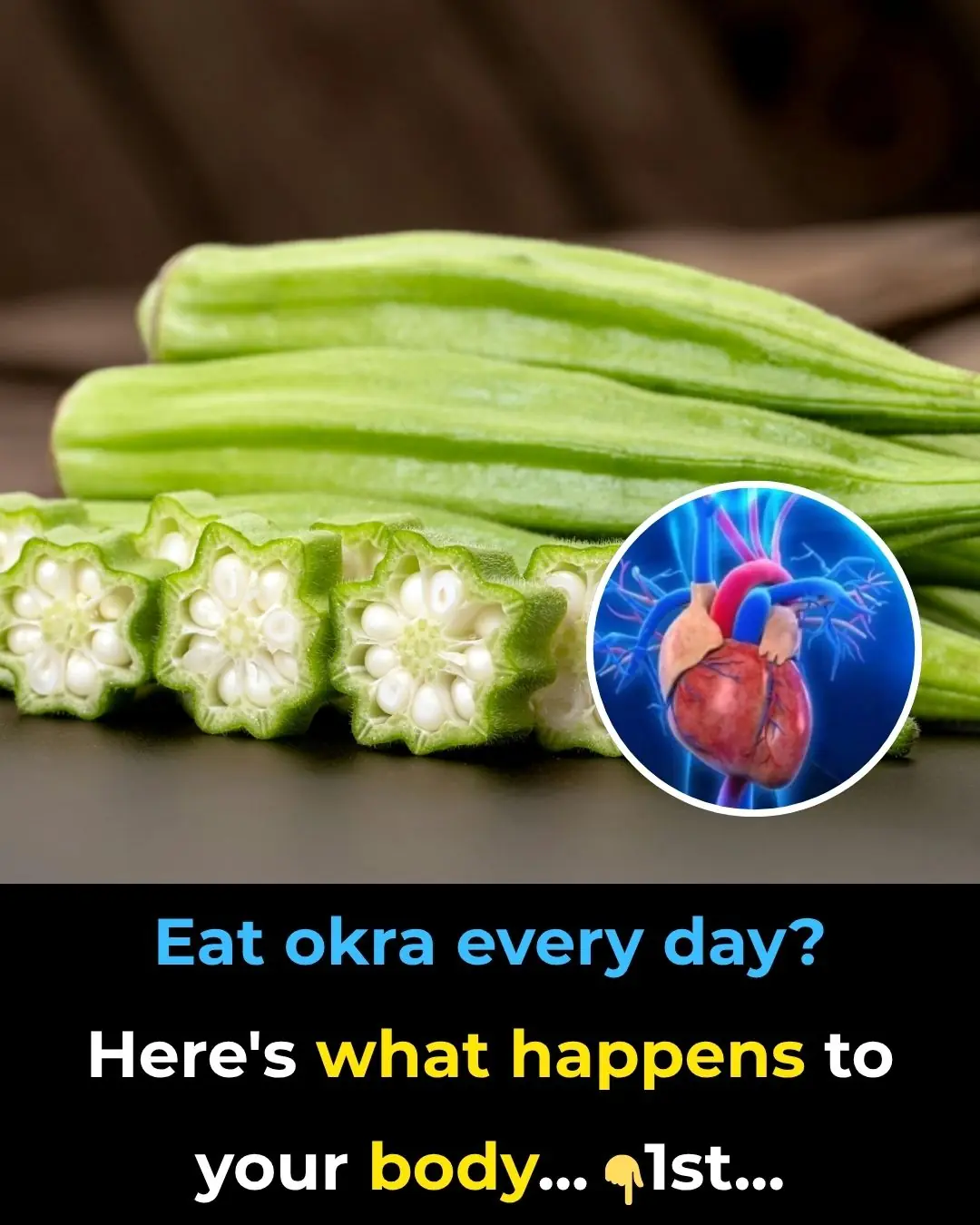
Eat okra every day? Here’s what happens to your body!

The Hidden Health Risks of 4 Foods You Thought Were Clean

Research Shows That Music Significantly Boosts Infant Brain Development
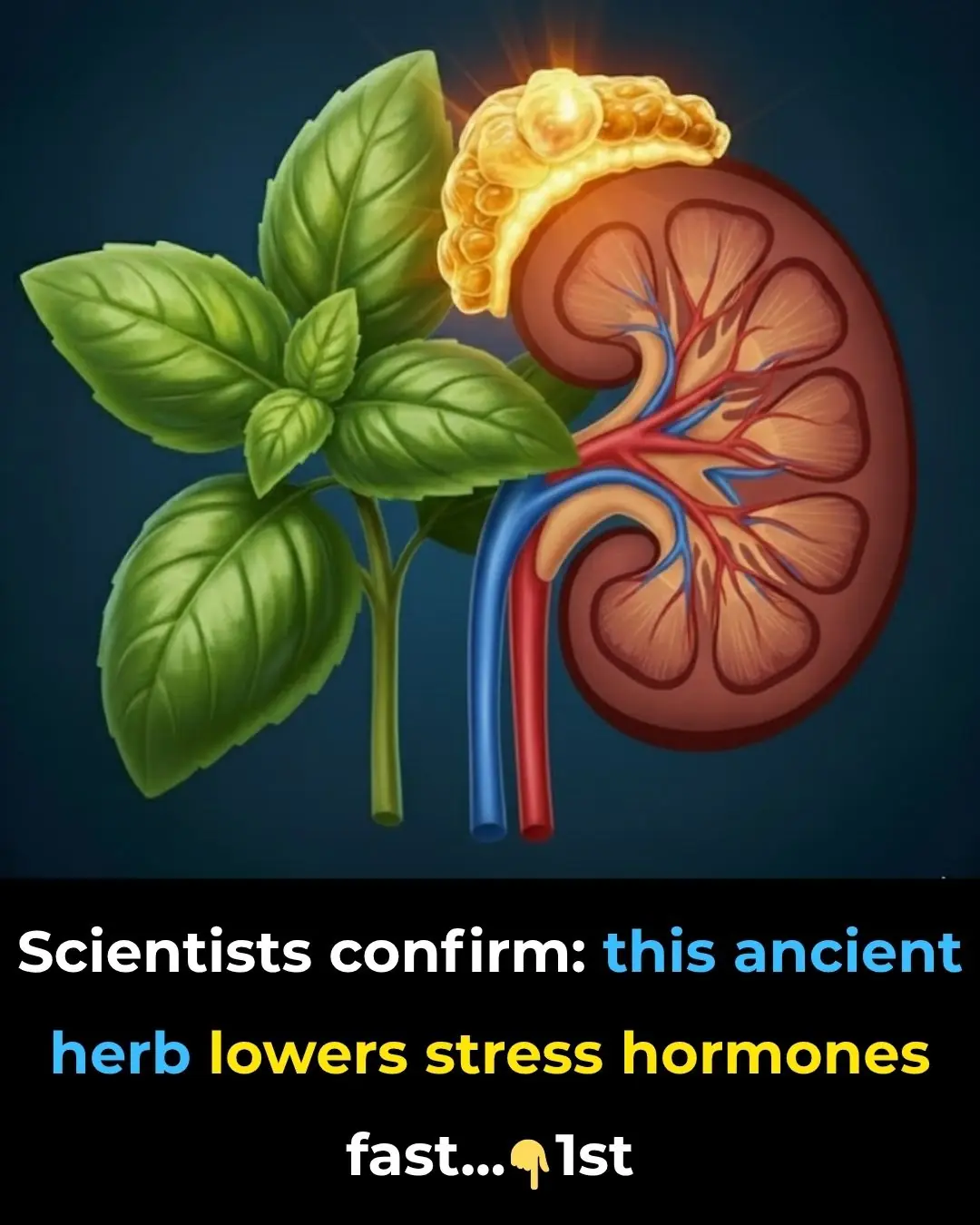
Holy basil shown to cut stress hormone cortisol by 36% in 40 minutes
News Post

Mike Tindall Frozen on the Spot: His Blunt Reaction to an Andrew Question Says Everything

Atomic Kitten star Liz McClarnon shares first pictures of miracle baby: ‘We’ve waited a long time for this’

Tom Fletcher and son Buzz’s Children in Need duet airs for first time and leaves fans in tears

Not Lewis?! Emmerdale Fans Convince Themselves They’ve Found Kev’s REAL Son

Viewers Stunned as EastEnders Confirms Nicola’s Pregnancy — but the Father Could Be ANYONE

Why Did Kris Jenner Delete Meghan & Harry from Her Birthday Photos? The Internet Thinks It Knows…

World’s deadliest cancer: 8 early warning signs every older adult should know

Eat okra every day? Here’s what happens to your body!

Holy basil shown to cut stress hormone cortisol by 36% in 40 minutes

These 14 Foods Will Improve Your Kidneys’ Ability To Detox Like Never Before!

I Thought I Found Insect Eggs Under My Bed

Sweet potatoes are sweet and fragrant all year round with simple preservation tips, can be kept for a long time without worrying about sprouting

When buying oranges, just take a quick look at this point, and in just 1 second you'll know if the orange is Chinese or Vietnamese.

Effective tips to deodorize the toilet, many people do not know

Cold rice mixed with laundry detergent: What is the effective trick that so many people are trying?

This Plant Is More Than Just a Kitchen Herb — It’s One of the Most Powerful on Earth

Many People Still Don’t Know The Meaning Behind Shoes Strung Up On A Power Line

Arnold Schwarzenegger’s Son Continues His Impressive Weight-Loss Journey
